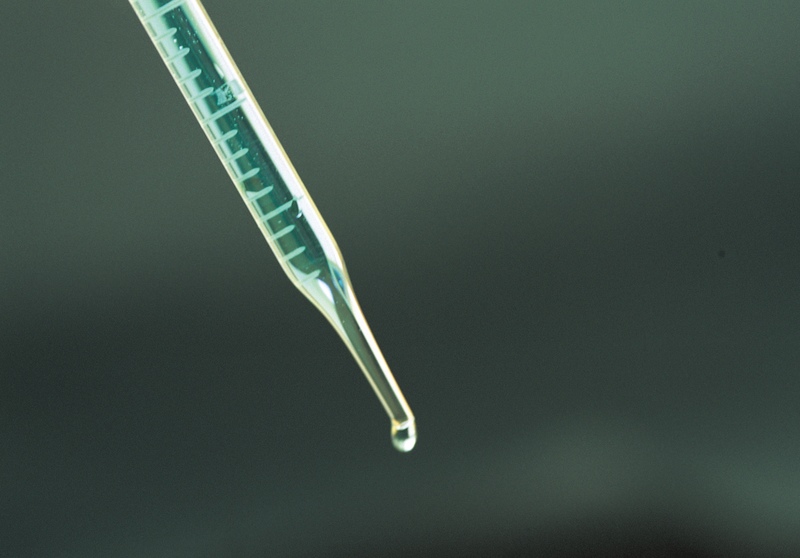
Here are some of the latest health and medical news developments, compiled by the editors of HealthDay:
Arkansas Girl Infected With Deadly Brain Parasite
A 12-year-old Arkansas girl infected with a rare but deadly brain-eating parasite is in critical condition eight days after being admitted to Arkansas Children’s Hospital.
Kali Hardig’s infection was caused by an amoeba called Naegleria fowleri, which enters the body through the nose and travels to the brain. The infection typically occurs in people who have been swimming in warm freshwater, CNN reported.
“This infection is one of the most severe infections that we know of. Ninety-nine percent of people who get it die,” Dr. Dirk Haselow, of the Arkansas Department of Health, told CNN affiliate WMCTC.
The most likely source of Hardig’s infection is Willow Springs Water Park in Little Rock, according to the department of health. Another case involving the same parasite reported in 2010 was also linked to Willow Springs, CNN reported.
“Based on the occurrence of two cases of this rare infection in association with the same body of water and the unique features of the park, the ADH has asked the owner of Willow Springs to voluntarily close the water park to ensure the health and safety of the public,” a department of health news release said.
Cases of N. fowleri infection are extremely rare, CNN reported. Between 2001 and 2010, there were 32 reported cases in the U.S., according to the Centers for Disease Control and Prevention. Most of the cases occurred in the Southeast.
—–
Malaria Drug Gets Stronger Warning Label
Strengthened and updated warnings about the serious psychiatric and neurologic side effects that can be caused by the malaria drug mefloquine hydrochloride have been added to the drug’s label, the U.S. Food and Drug Administration says.
The neurologic side effects can include dizziness, loss of balance or ringing in the ears. Psychiatric side effects can include feeling anxious, mistrustful, depressed or having hallucinations.
The neurologic side effects can occur at any time while taking the drug and can last for months to years after patients have stopped taking the drug, or can even be permanent, the FDA said.
The drug now carries a boxed warning, the most serious kind of caution. In addition, the medication guide and wallet card for the drug have been updated to include the new information.
Mefloquine hydrochloride is prescribed for mild to moderate acute malaria transmitted by certain types of mosquitoes and for the prevention of malaria infections caused by those mosquitoes. The drug was previously marketed under the brand name Lariam, but it is no longer marketed in the United States. However generic versions are available in the U.S.
Patients, caregivers and health care providers should watch for these side effects, the FDA said. If a patient develops neurologic or psychiatric symptoms, treatment with mefloquine hydrochloride should be stopped and another medicine should be used. Patients should not stop using the drug before consulting with a health care provider.
Copyright © 2024 HealthDay. All rights reserved.

